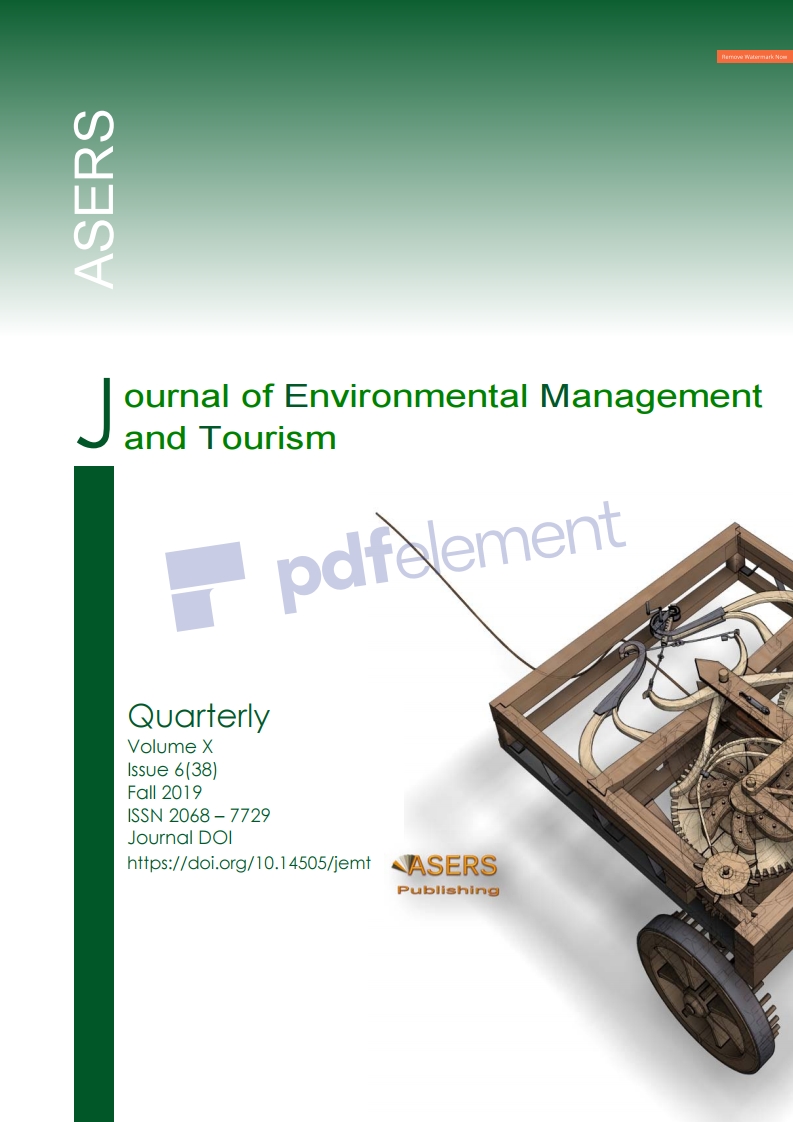Sustaining Marine Ecotourism through Multi-Use Planning for Securing Mangrove Ecosystems
Sustaining Marine Ecotourism through Multi-Use Planning for Securing Mangrove Ecosystems
Author(s): RUDIANTO RUDIANTO, Muhamad Firdaus RIDHOSubject(s): Economy, Tourism
Published by: ASERS Publishing
Keywords: mangrove ecosystems; partial least square; analytical hierarchy process; marine spatial planning;
Summary/Abstract: The destruction of mangrove forests has caused various negative impacts both ecologically, economically and socially. Mangrove forests have an important function and role of protecting coastal areas, including humans who live in coastal areas from tsunami, hurricane and tidal floods. To overcome the depletion of mangrove forests, efforts are needed to build protected areas as one of the main strategies to conserve marine and coastal ecosystems, especially mangrove forests. This study aims to allow coordination of existing management entities and formulate strategies to use coastal/marine resources. The case study was conducted in the western Sekotong village located in the Province of West Nusa Tenggara, Indonesia. The area was chosen because it relies on the potential of mangrove forests as a marine ecotourism area. The research methods used include: Partial Least Square (PLS), Analytical Hierarchy Process (AHP) and Marine Spatial Planning (MSP). PLS was used to determine the order of priority for handling the rescue activities of mangrove forests as an ecotourism area while AHP was used to analyze policy priorities in managing mangrove ecosystems in a sustainable manner. MSP focuses on describing the logical sequence of steps needed to achieve the result of AHP goals and objectives of protecting mangrove forests from anthropogenic invasion. The research findings show that the integration of PLS, AHP and MSP is a useful tool to be used for coordination with stakeholders and it can protect mangrove forests from the degradation process that is currently taking place intensively in the research area.
Journal: Journal of Environmental Management and Tourism (JEMT)
- Issue Year: X/2019
- Issue No: 06 (38)
- Page Range: 1281-1294
- Page Count: 14
- Language: English
- Content File-PDF

